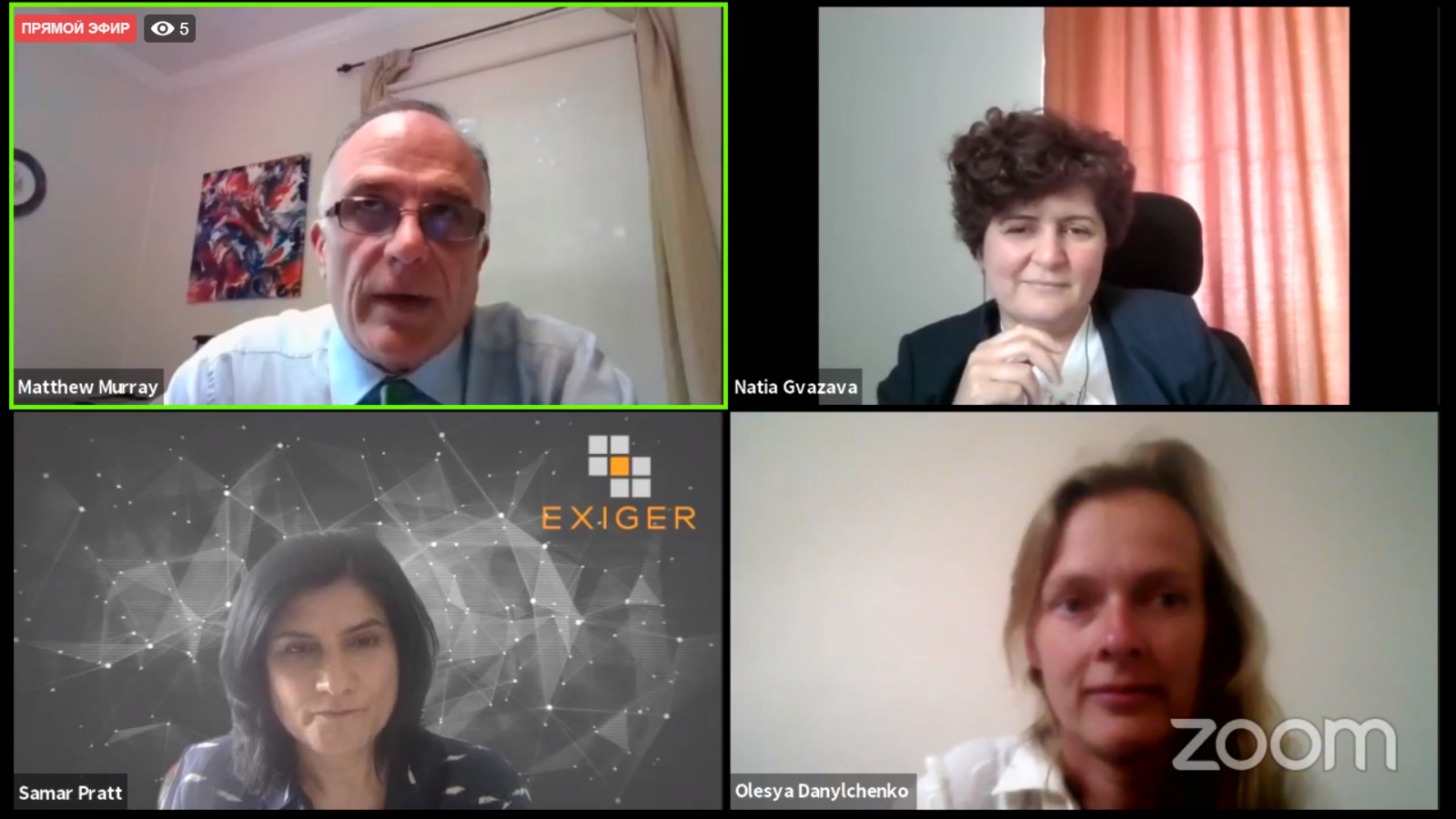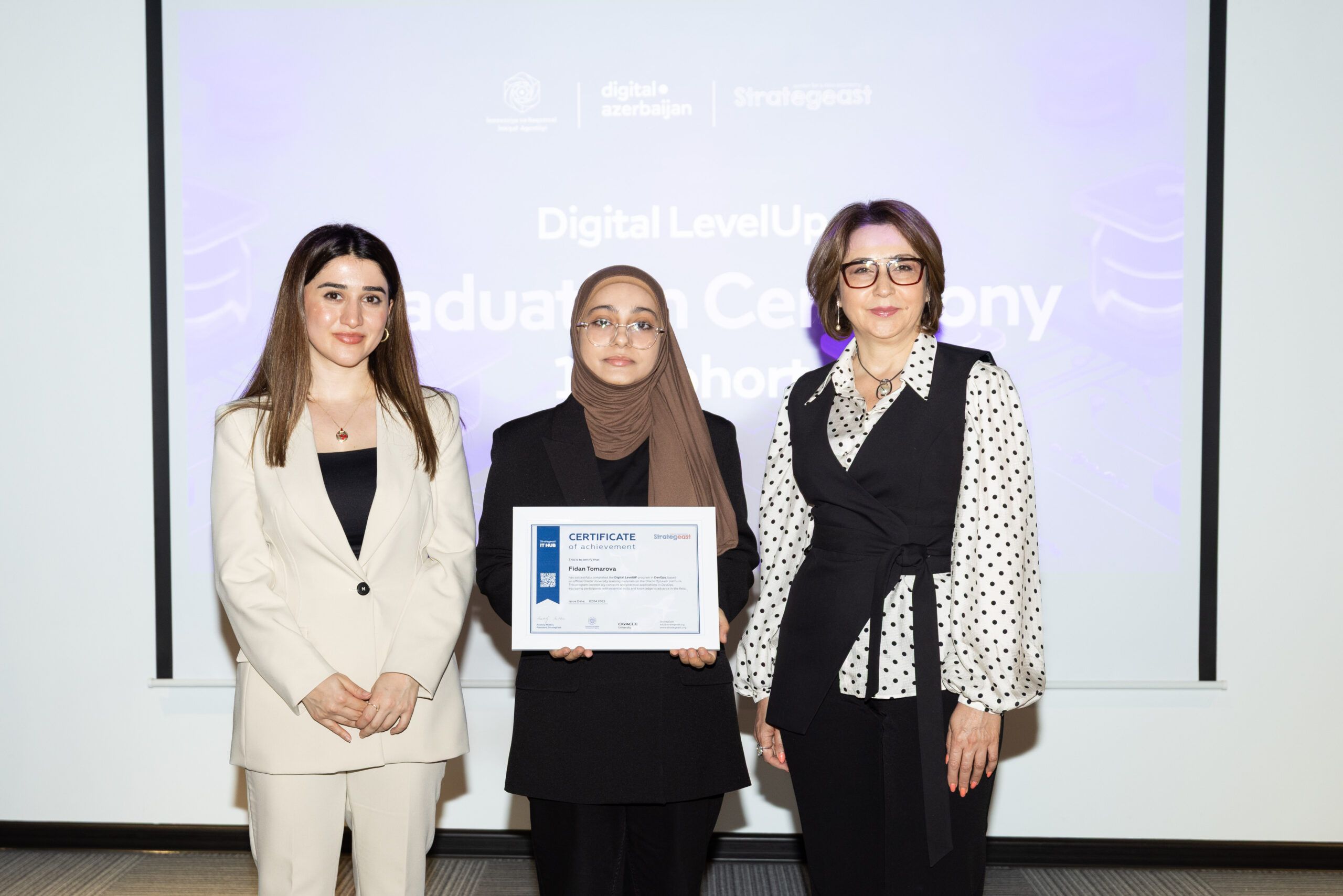During the pandemic financial institutions switched to remote services and we took a fresh look at the issues of financial system stability in front of fraud and money laundering attempts. How to identify a client from a distance reliably and to fight frauds? What technological solutions have proven to be the most useful? These issues were discussed with experts at the new StrategEast Live panel.
Ms. Natia Gvazava, Legal Counsel of Raizomat LLC (Georgia), noted in her speech that the pandemic accelerated the implementation of technological solutions in all areas, but the financial sector was the most active in this respect. Her slogan during the pandemic was “Introduce as many new solutions as possible.” As a representative of a fintech company, Ms. Gvazava noted that the financial services regulator, the National Bank of Georgia, had faced new challenges and rather quickly approved the implementation of these new solutions. In particular, realizing that the identification of a client face to face during a pandemic is difficult, the National Bank of Georgia approved the remote identification technologies developed by Georgian companies.
Ms. Olesya Danylchenko, Deputy Director, Head of Payment Instruments and Credits Security Forum in Ukrainian Interbank Payment Systems Members Association ЕМА, Member of Advisory Group on Financial Services of European Cyber Crime Center (EC3) Europol highlighted another interesting effect that was led by quarantine measures. According to Ms. Danylchenko, the National Bank of Ukraine has been stimulating the development of cashless economy for many years. Therefore, Ukrainian banks and financial companies were now ready to provide such services. But only during the pandemic, residents of Ukraine, accustomed to living in a cash economy, were able to appreciate all the benefits of cashless savings, and began to use these services. The new reality of the Ukrainian banking system is formulated as “everything that can be done remotely – will be done remotely.”
Ms. Samar Pratt, Managing Director in Exiger’s London office, a leader in the firm’s financial crime compliance advisory practice, spoke about the role of such a new economic sector as regtech. Several years have passed since the regulators of the world’s largest financial markets – from Singapore and Hong Kong to London and Frankfurt – created sandboxes where fintech companies can test their new solutions. But when it comes to verifying regulatory compliance with technological solutions, regtech comes in.
Answering a question from the panel moderator Mr. Matthew Murray, former Deputy Assistant Secretary at U.S. Department of Commerce, on striking a balance between technology and reliability, Ms. Gvazava suggested that while technological companies are required to make every effort to create high-quality and well-protected technologies, one of the regulator’s responsibilities is to maintain trust in the technology. Ms. Gvazava added that the COVID-19 pandemic demonstrated that the Georgian financial and banking systems turned out to be cutting-edge in terms of fintech.




